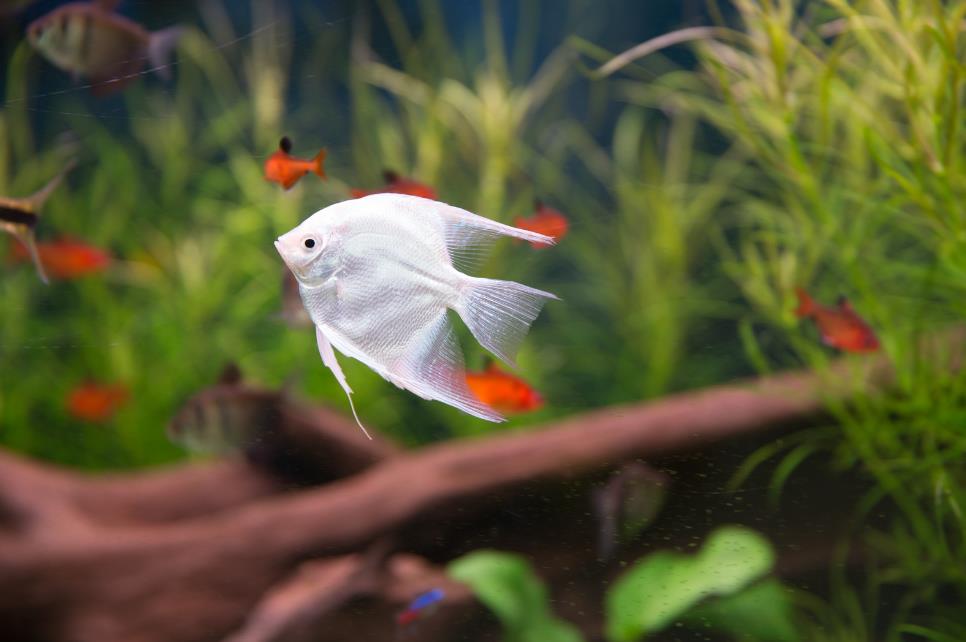Twelve Reasons Why Fish Do Not Eat Food:
1. Water temperature
Too high or too low water temperature will affect the fish feeding. Food intake is the largest at 23-28°C, and food intake is basically stopped below 10°C. High temperature and rainy weather will significantly reduce food intake, sometimes for several days.
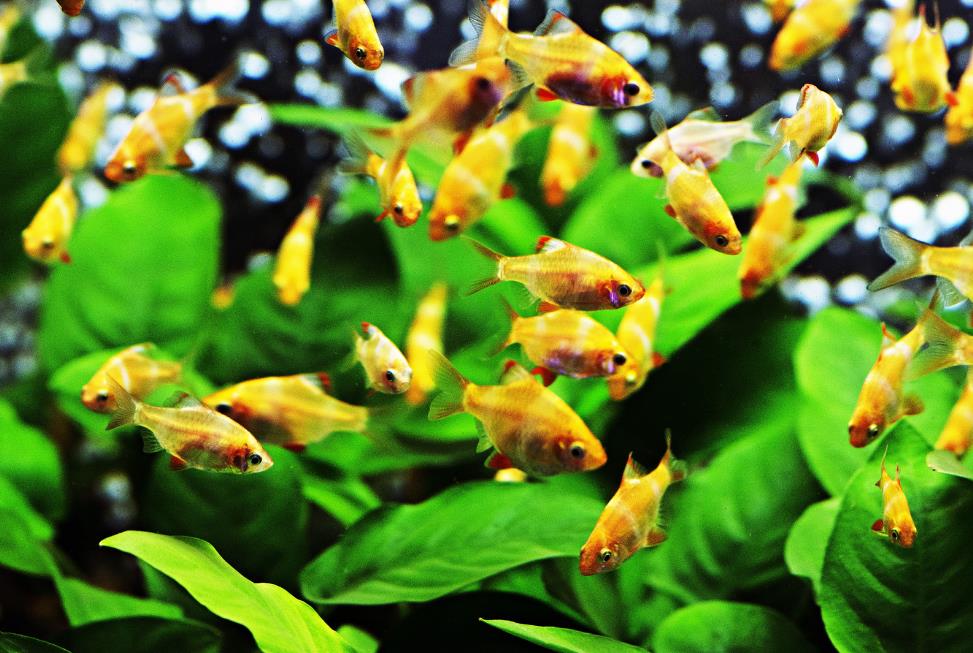
2. Insufficient dissolved oxygen
There are many reasons for the lack of dissolved oxygen, mainly climate factors, thin water quality, excessive water quality, accumulation of harmful substances, and large amounts of zooplankton.
3. Poisoning due to high content of harmful substances
Chemical indicators such as pH, ammonia nitrogen, nitrite, hydrogen sulfide, residual chlorine, etc. exceed the standard or spill drugs or inject abnormal exogenous water. The long-term high content of ammonia nitrogen, nitrite, and other harmful substances in the water will damage the gills of the fish, affect the respiration of the fish, cause the fish to produce pathological hypoxia, and reduce their food intake. It is worth noting that in recent years, with the eutrophication of water bodies, algal poisoning has become more and more common. The algae that cause poisoning mainly include cyanobacteria, Euglena, golden algae, dinoflagellates, and so on.
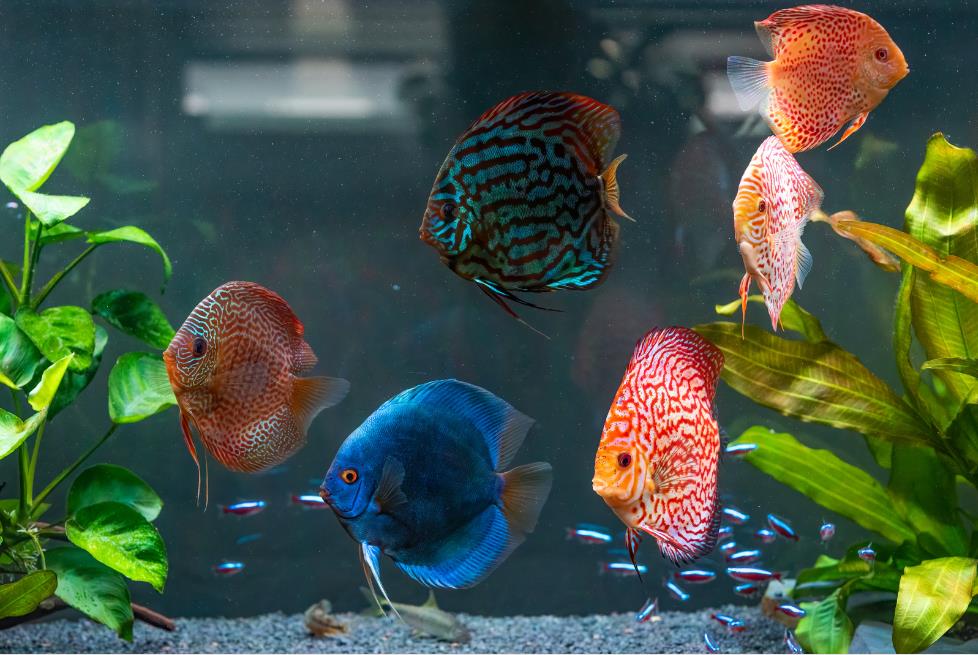
4. Diseases caused by parasites
When the fish is parasitized by parasites, the fish will feel uncomfortable and the mucus on the gills will increase. The ability to utilize the oxygen supply decreases, which in turn results in a decrease in food intake.
5. Bacterial and viral diseases
Many bacterial diseases such as rotten gills, enteritis, hemorrhage, or other bacterial fish diseases can also cause non-feeding. Sometimes there are more or less signs before and after the onset of the disease, and anorexia may appear in milder cases.
6. Nutritional diseases
Unscientific feeding will cause nutritional fish diseases, such as hepatobiliary syndrome and vitamin deficiency.
7. Too many zooplankton
Zooplankton is mainly cladocerans, rotifers, and protozoa. Too much zooplankton will not only cause the decrease of dissolved oxygen in water but also affect the normal physiological function of fish.
8. Breeding season for fish
April to May is the breeding season for most farmed fish when the fish’s feeding rate is not strong.
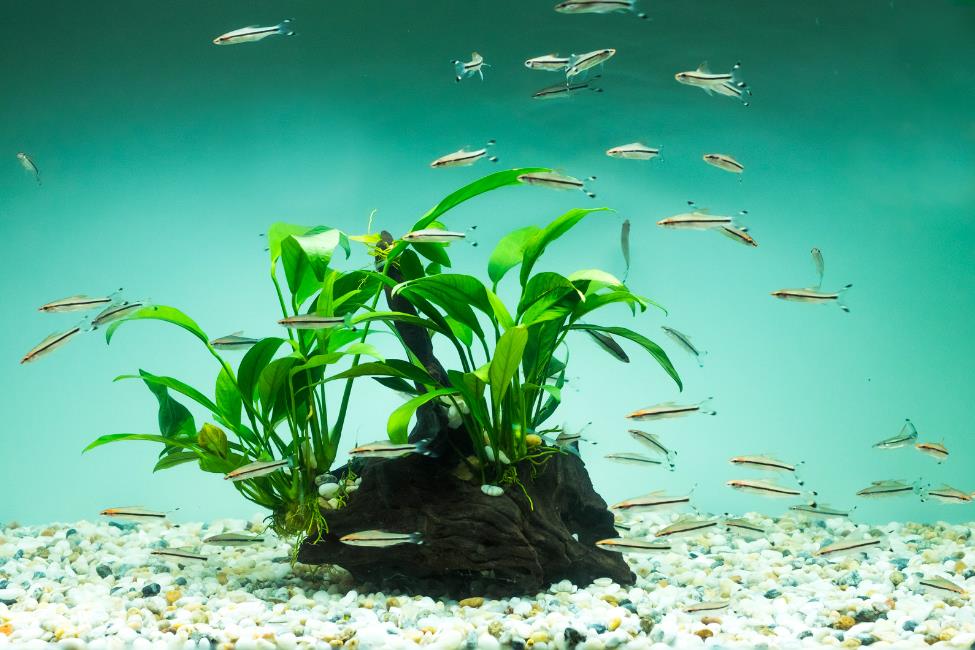
9. Harmful algae
Especially some indigestible algae such as Euglena, cyanobacteria, etc., these algae cannot be absorbed by the body in time after being ingested, so as to affect the feeding of fish. At the same time, some algae contain toxins, which will stimulate the intestines of fish, make the intestines red, and cause enteritis, and even poisoning.
10. Due to medication
In the breeding process, some drugs are often used to control pests and diseases, and some drugs will also affect the nervous system of the fish while killing the insects, affecting the feeding.
11. Caused by refueling
If the same feed is used for a long time, the sudden change of feed will cause discomfort to the fish, resulting in a stress response, resulting in a decrease in food intake, and even refusal to feed.
12. Caused by excessive temperature difference
In autumn, the temperature difference between day and night is too large, the temperature during the day is high, and the water temperature is also high. At night, the temperature drops sharply, causing the surface water temperature to drop sharply and the water density to increase. The bottom water temperature is higher and the density is lower, so the upper and lower water layers produce convection. The anaerobic water at the bottom carries a large amount of residual bait, feces, and other organic matter at the bottom of the pool to flow to the upper layer, and the water becomes turbid. At this time, it may be found that the fish generally do not eat well in the morning, but eat well in the afternoon. The main reason is that the dissolved oxygen in the water is very low in the morning, especially the morning.
